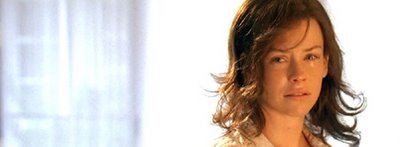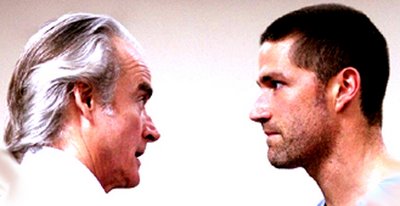'Tis the Season

Twinkle here. I've been out of the loop on the Lost blogs only dashing in once in a while to get news about the upcoming season and the writer's strike. I'd love to get caught up with you. What have you been up to this year and where are you now?
What are you gearing up for? Hanukkah? Christmas? Kwanzaa? New Year? Festivus? The return of Lost?
Whatever you're looking forward to, this seems to be the season of expectation. We often turn introspective, contemplating the things that mean the most to us. This season also reminds many of us about what we have lost. Whether this season is happy or sad for you, what gives you hope?

















